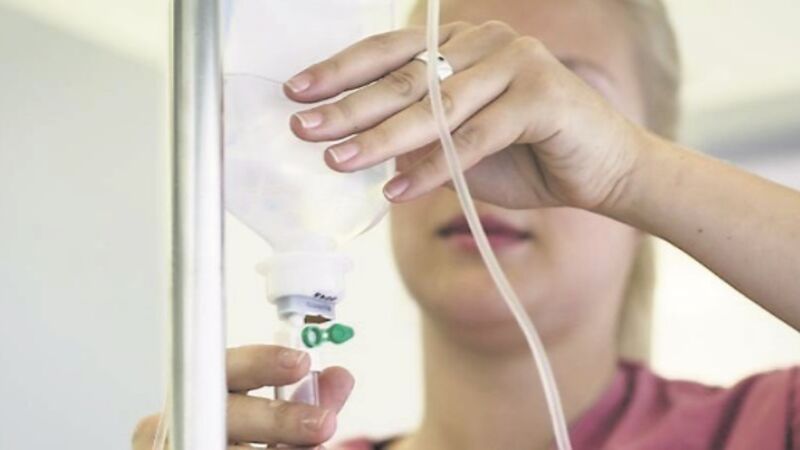Skin cancer patients may miss out on costly new drug

It follows independent medicine cost watchdog, the National Pharmaeconomics Centre (NCPE), recommending the HSE not make Opdivo available through the public system.
This is at odds with a recent decision by the NCPE’s UK counterpart, which recommended that the drug, estimated to cost £5,700 (€7,217) per patient per month in the UK, be made available through the NHS system.













